Hey fellow machinists, have you ever thought about how crucial your tool holder is in the grand scheme of CNC machining? It's not just a piece that holds your tool; it’s a vital component that can significantly impact the quality and efficiency of your work.
As technology evolves, so do the capabilities of tool holders, making a timely upgrade a potential game-changer for your machining processes.
Assessing Your Current Tool Holder Setup
Let's start with the basics: knowing when it's time for an upgrade. If you're noticing more vibrations, less precision, or your tool life isn't what it used to be, these could be signs that your tool holders aren't performing up to par. Remember that one time I ignored these signs? Ended up with a botched batch of parts that cost me a pretty penny. Trust me, keeping an eye on these signs and understanding your current setup's limitations can save you from a lot of headaches.
Types of Tool Holders and Their Applications
Tool holders come in various types, each with specific features and applications. Here’s a closer look at some popular options:
Hydraulic tool holders are known for their excellent damping properties and precision. They use hydraulic pressure to grip the tool, which minimizes vibrations and enhances the tool life. These holders are ideal for operations requiring ultra-precision, such as fine milling and detailed engraving in metals like aluminum and steel.
Shrink fit tool holders are my personal favorite and a specialty of our manufacturing. They use thermal expansion to create a nearly perfect connection between the holder and the tool. This type results in extremely high clamping forces without any mechanical components. The lack of moving parts means there's less that can go wrong, which is something I learned to appreciate after a particularly grueling high-speed job. These holders are perfect for high-speed applications and high-precision machining in aerospace and automotive industries, where dynamic balance and rigidity are crucial.
Collet chuck tool holders are the most versatile type, suitable for a variety of machining operations from rough milling to finishing. They use a clamping collar to secure the tool, which provides good accuracy and easy tool changes. However, they might not offer the same level of precision or holding power as hydraulic or shrink fit holders but are cost-effective and easy to use for general machining.
Milling chuck tool holders provide the strongest grip on tools, making them suitable for heavy-duty milling jobs that involve tough materials like titanium or stainless steel. They are particularly beneficial when dealing with high torque applications. However, they can be heavier and might introduce more vibrations compared to other types.
Factors to Consider When Upgrading
Precision Needs – each tool holder type offers different levels of precision. Match the level of precision to the tolerances you need. For instance, if you’re doing fine, detailed work, a hydraulic or shrink fit holder might be your best bet.
Material Compatibility – think about the materials you frequently work with. Harder materials might require more robust tool holders like milling chucks, while softer materials are more forgiving.
Machine Compatibility - this is a biggie. Make sure the new tool holders fit your machine. I learned this the hard way when I bought a set that was incompatible with my CNC machine’s spindle. Ended up being an expensive paperweight until I could resell it.
RPM Requirements – if speed is a priority, consider tool holders designed for high-speed machining. These typically offer better balance and reduce vibrations, which is crucial at higher RPMs.
Budget – while we'd all love to have the latest and greatest, budget constraints are real. Weigh the cost against potential benefits like reduced machine downtime and longer tool life. Sometimes, investing a bit more upfront can save you money in the long run.
Reviewing Top Tool Holder Brands and Models
When it comes to choosing the right tool holder, it's essential to do your homework. Looking up reviews, asking around in forums, and chatting with fellow machinists are all great ways to gather information. Established brands like HAIMER and Techniks are often praised for their quality and reliability, making them popular choices among professionals.
However, it's also worth considering our own brand, HIPPSC Shrink Fit, especially if you're operating a precision-driven workshop but need to keep an eye on budget. HIPPSC shrink fit tool holders and machine offer a compelling mix of performance and value. They are designed to not compromise on quality while being cost-conscious. This makes them an ideal option for machinists looking to upgrade their tool holder system without breaking the bank.
Conclusion
Upgrading your tool holders isn’t just about spending money. It’s an investment in your work, your efficiency, and ultimately, your bottom line. Consider what you need, do your research, and make a choice that will bring your CNC operations to the next level.
Remember, the right tool holder can make all the difference. Don't wait until you're facing annoying downtime or quality issues. Assess your needs, explore your options, and upgrade wisely. Happy machining!

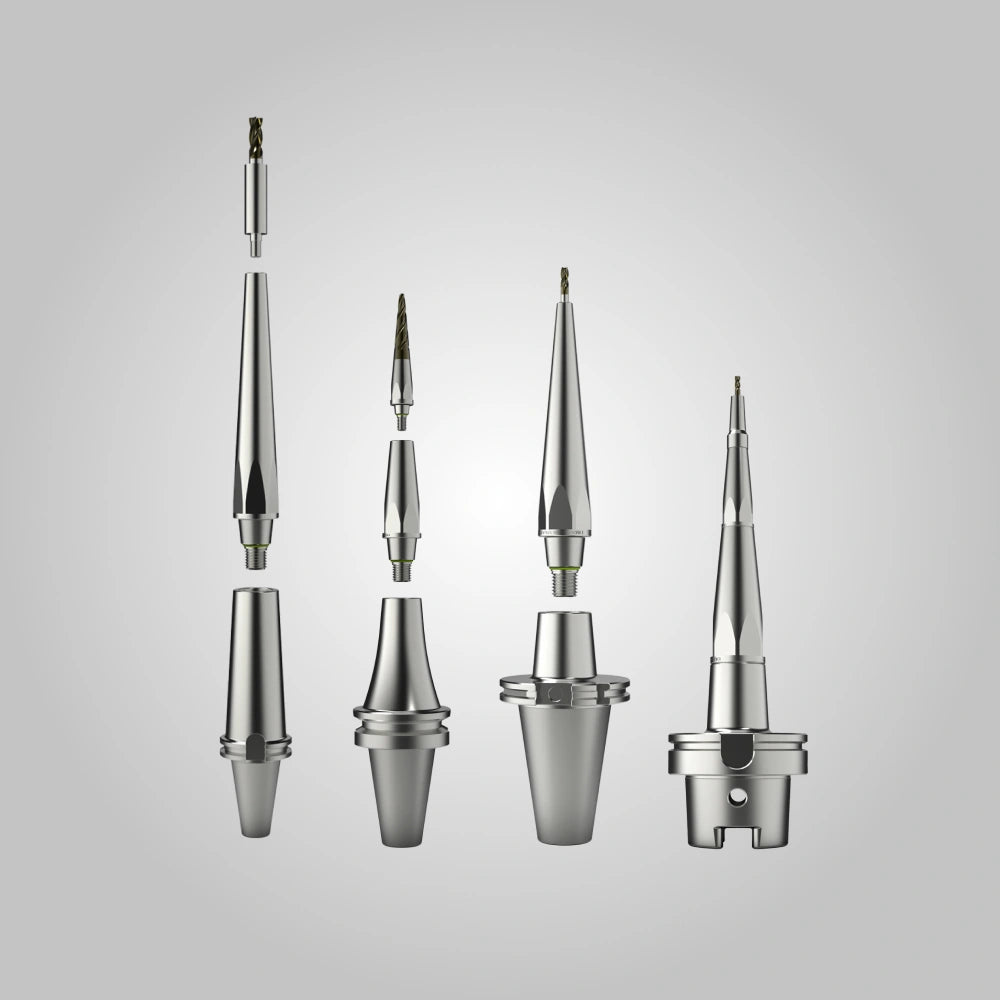
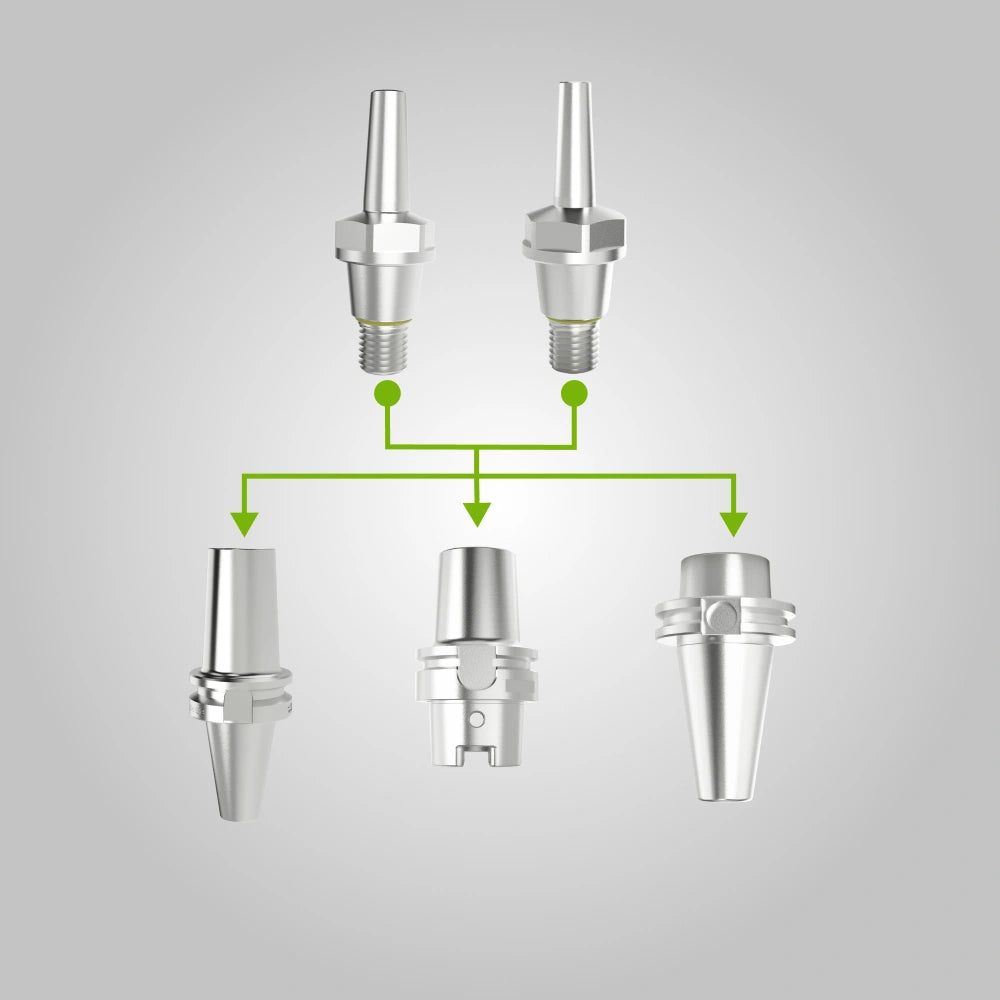
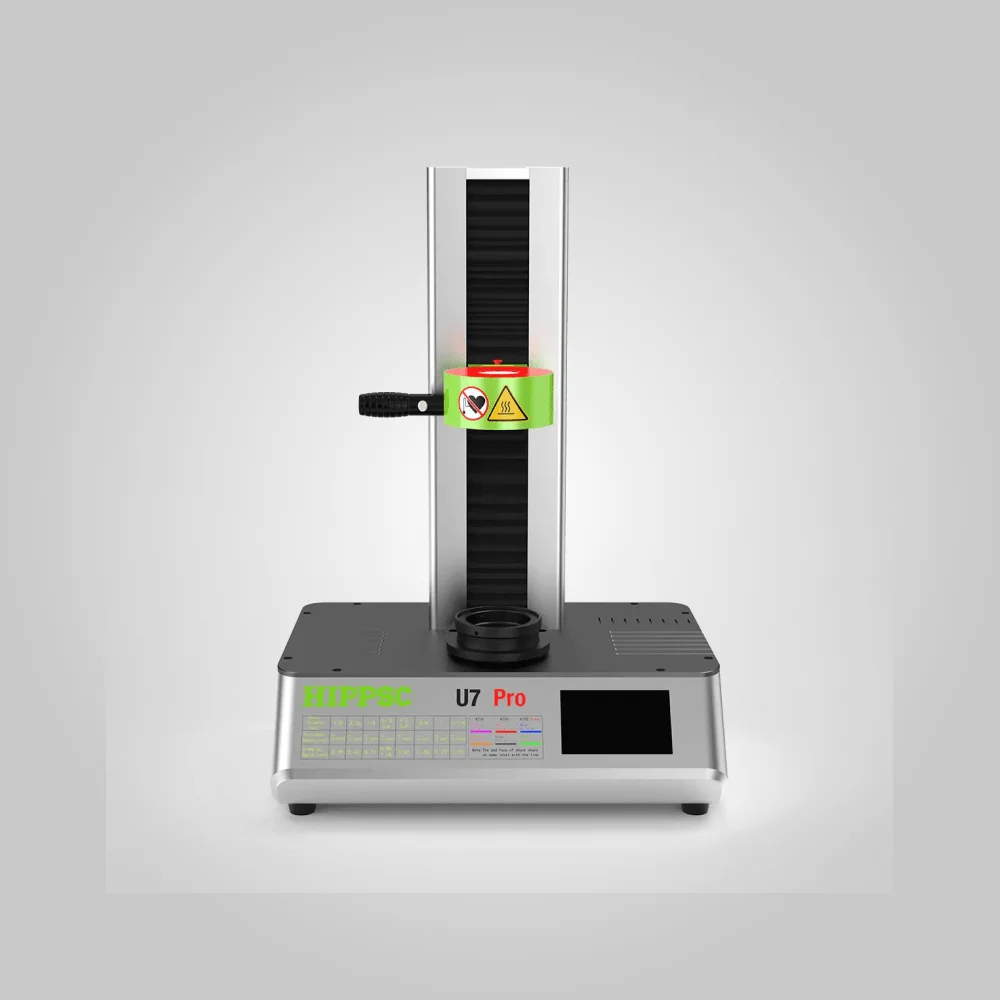
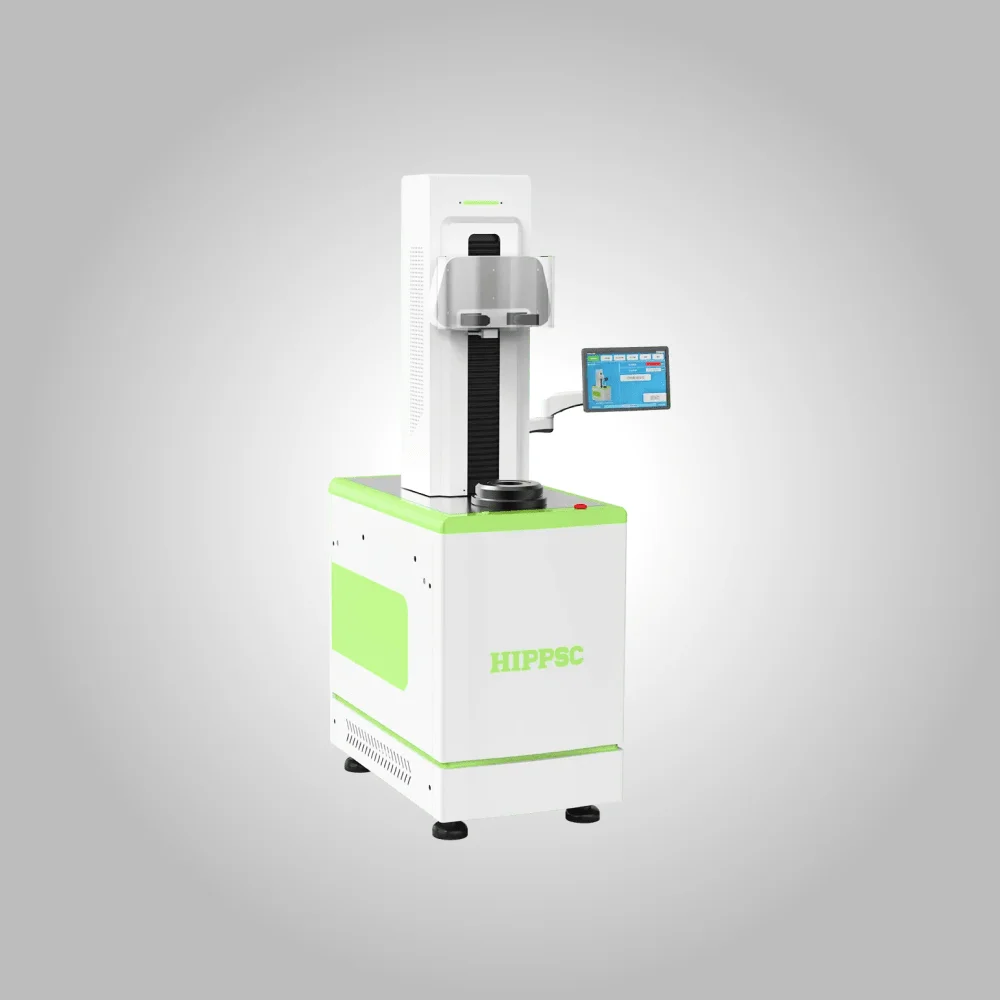
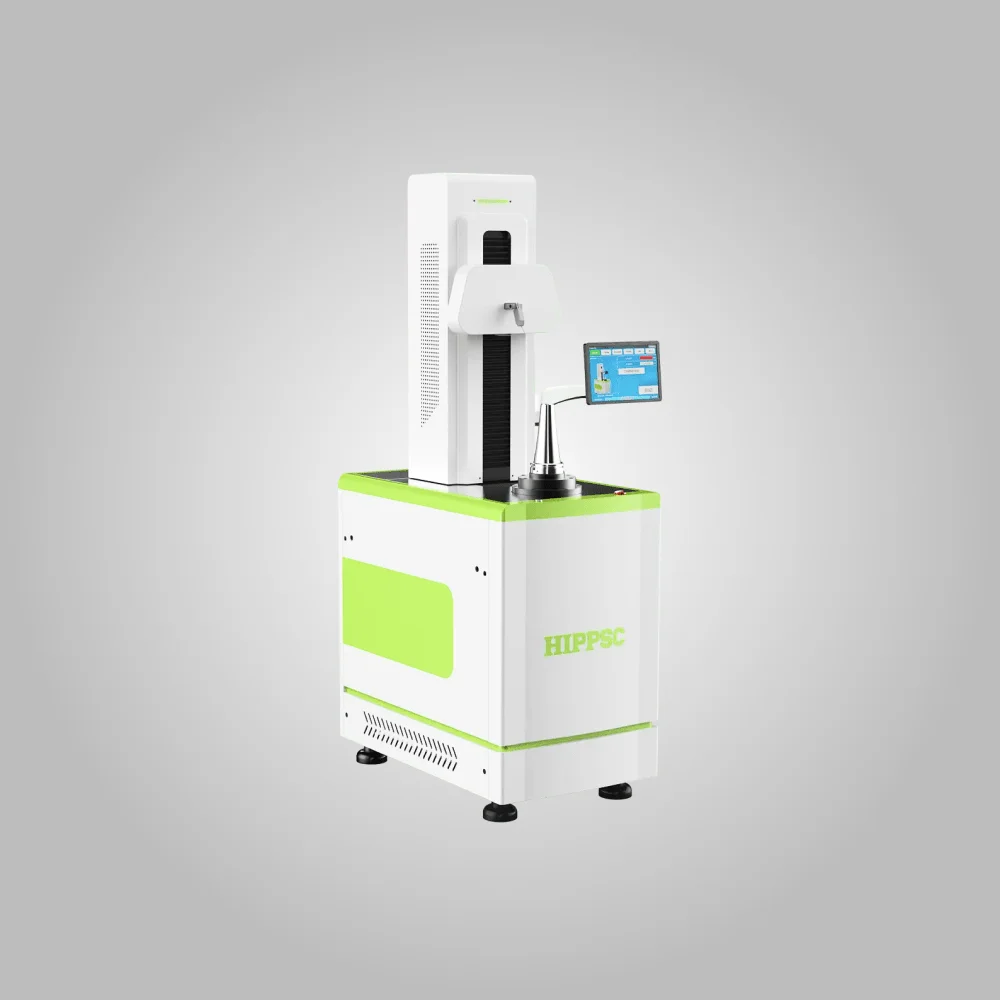
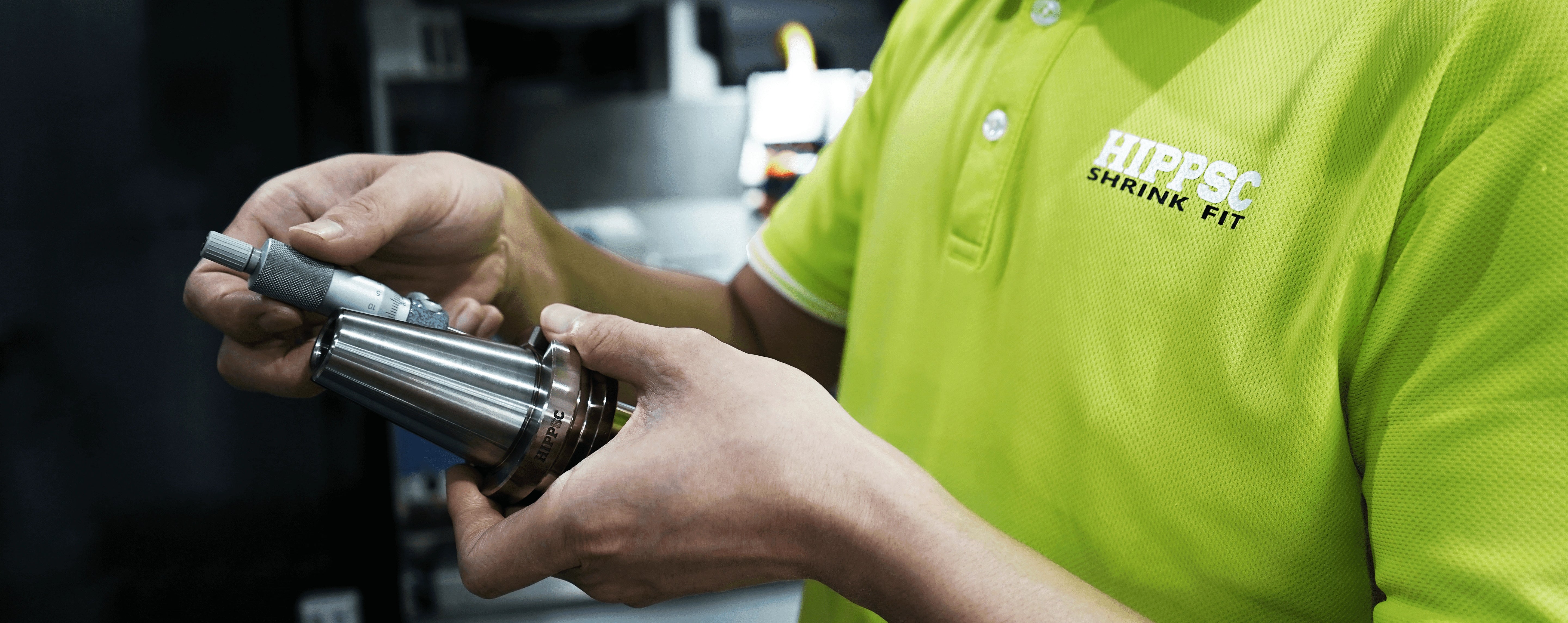

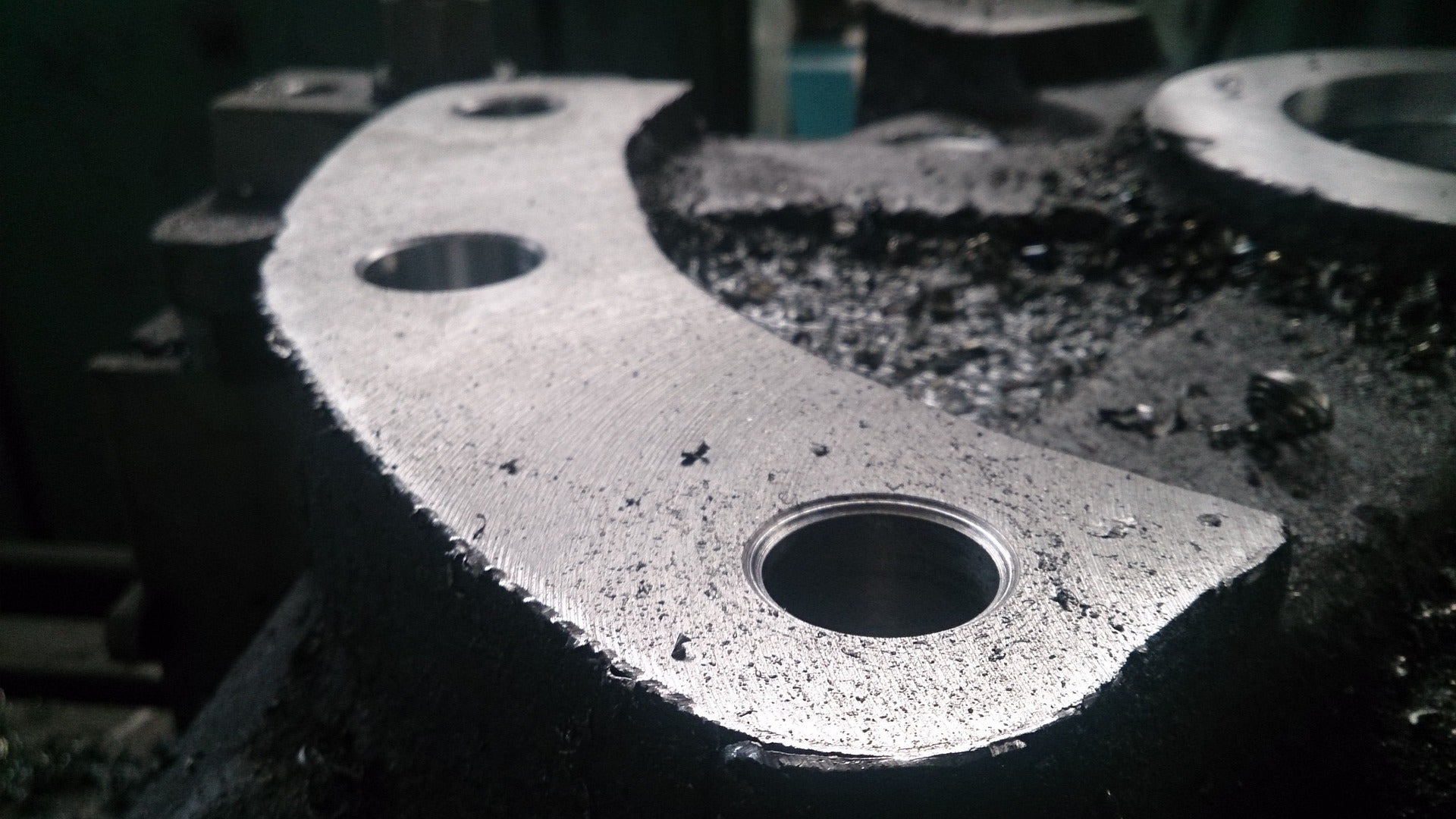
Leave a comment
All comments are moderated before being published.
This site is protected by hCaptcha and the hCaptcha Privacy Policy and Terms of Service apply.